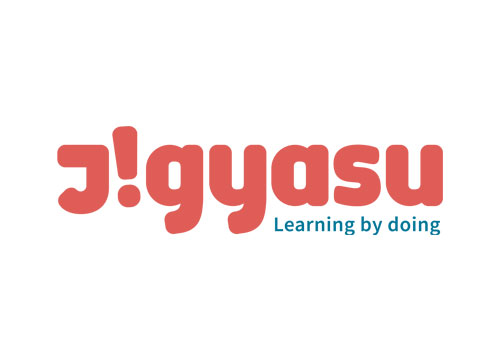
Mainadevi Bajaj International School is one of the best international schools in Mumbai that believes in inculcating values, knowledge and the importance of interaction in all their students. At MBIS, we understand the unique abilities of all children and help them grow with the help of various teaching skills provided by the internationally acclaimed curriculum and expert staff. The IGCSE education program is outstanding and followed by many top schools in Mumbai. A savoury blend of academics, arts, sports and services makes Mainadevi Bajaj International School one of the top international schools in Mumbai. MBIS is also considered to be one of the first few top international schools with choosing IGCSE board, IB diploma programme and A levels as its academic curriculum.
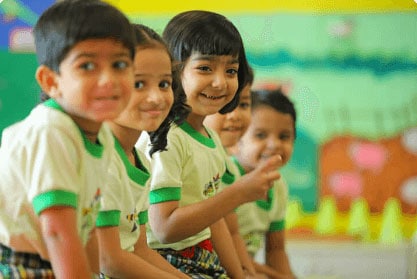 Early Years Programme Learn More
Early Years Programme Learn More  Primary School Programme Learn More
Primary School Programme Learn More 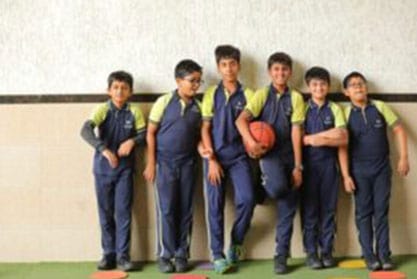 Middle School Programme Learn More
Middle School Programme Learn More 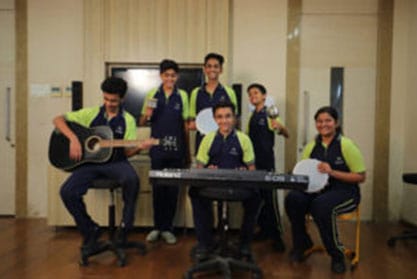 IGCSE CIE Programme Learn More
IGCSE CIE Programme Learn More 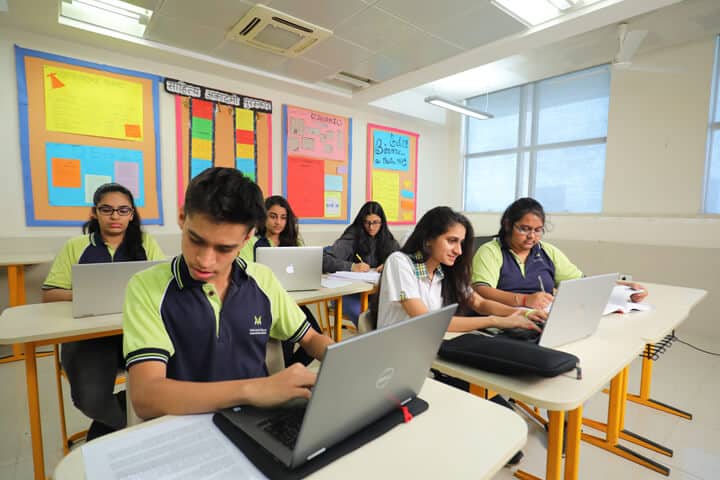 AS & A Level Programme Learn More
AS & A Level Programme Learn More Step

Interactive Session with the School’s Senior Leadership Team
Step

Confirmation of Admission



